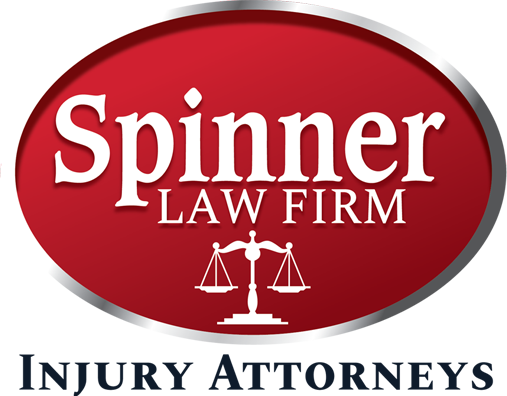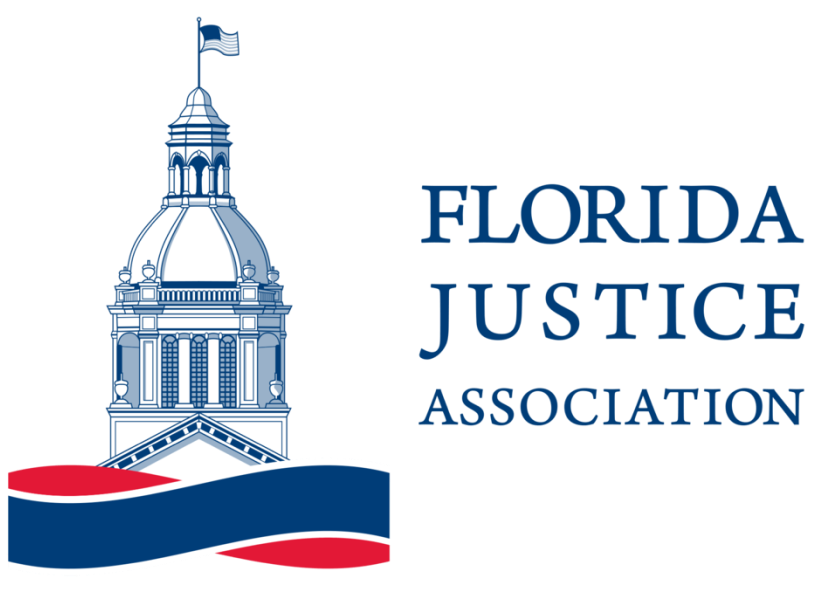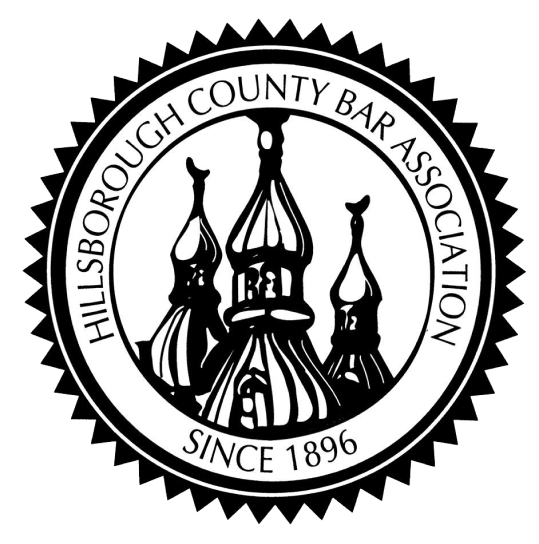Accident Reports – How Are They Used In Personal Injury Cases?
Florida law requires that a Florida Traffic Crash Report, Long Form be completed and submitted to the Department of Motor Vehicles within 10 days after an automobile accident investigation is completed by law enforcement if the crash resulted in personal injury to, or any indication of complaints of pain or discomfort by any of the parties or passengers involved in the crash. The statute further provides an accident report privilege in statingthat “each crash report made by a person involved in a crash and any statement made by such person to a law enforcement officer for the purpose of completing a crash report …shall be without prejudice to the individual so reporting. Such report or statement may not be used as evidence in any trial, civil or criminal.” FLA. STAT. 316.066(4). The functional purpose of this section “is to achieve in the public interest an accurate truthful relation of the facts surrounding the accident and to relieve persons involved in it from incrimination when the circumstances are described.” Perez v. State, 630 So.2d 1231, 1232 (Fla.App. 2 Dist., 1994).
The Florida Supreme Court in Brackin v. Boles, 452 So.2d 540, 544 (Fla. 1984) held that the purpose of Florida Statute 316.066 “is to clothe with statutory immunity only such statements and communications as the driver, owner, or occupant of a vehicle is compelled to make in order to comply with his or her statutory duty [to forward a written report of the accident to the department] under section 316.066(1) and (2).” Thus, Brackin established a 3 part test to determine whether the particular information contained within the crash report may be excluded from court proceedings. The first part of the test requires that the information sought to be excluded must be a statement or communication. Second, the statement or communication must be made by a driver, owner, or occupant of a vehicleinvolved in the accident. Third, said persons must be compelled to make the statement or communication in order to comply with the duty imposed under Florida Statute 316.066. With respect to communications, the Court in Brackin further states that “the statute only prohibits the use of communications ‘made by persons involved in accidents’ in order to avoid a fifth amendment violation”Id. In 1989 the Florida Legislature adopted the Brackin test and amended Fla. Stat. 316.066(4) to provide that any statement made by a driver, owner, or occupant involved in an accident to a law enforcement officer for purposes of completing a crash report required by this section shall be without prejudice to the individual reporting. The information required to complete a crash report is delineated in Florida Statute 316.066(1)(b) which requires the following information to be included in the report:
Certain pieces of information are not required to be contained in a crash report and may not be covered by the statutory privilege. For example, Information regarding whether or not a seat belt was in use at the time of the crash is not required information to be included to complete the crash report in accordance with said statute. Accordingly communication regarding whether or not a party was wearing a seat belt at the time of the accident is not a privileged communication and in some cases can be admissible in a civil trial by the investigating officer.
For more information about the Florida Accident Report Privilege, contact Spinner Law Firm, Wesley Chapel Personal Injury Attorneys at 813-991-5099. We’re Spinner Law Firm and we’re right her for you.
Leave Your Reply
You must be logged in to post a comment.













